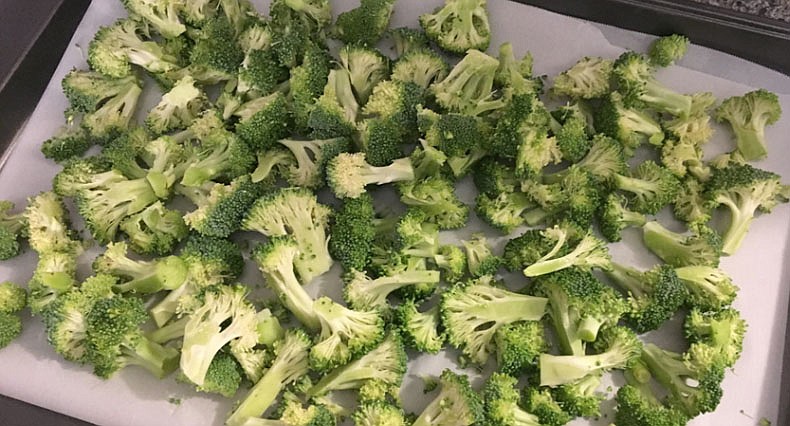Inflammation is part of a complex biological response, which helps protect us from infection and harmful agents such as bacteria and viruses. Inflammation is the body's self-protection reaction, but it doesn't always benefit us.
Diseases like lupus, rheumatoid arthritis, allergies, asthma, inflammatory bowel disease and Crohn's disease are caused by ongoing/chronic inflammation. This occurs when the immune system attacks the body's cells forming the autoimmune reactions. The classical signs of inflammation are heat, pain, redness, and loss of function. An unresolved inflammatory response is also likely to increase the risk of many chronic diseases such as cardiovascular diseases, neurodegenerative diseases, endocrine diseases and cancers.
Therefore, controlling and reducing inflammation becomes an essential and attractive strategy to help lower risk of chronic diseases and improve overall health. Nutrition plays an important role in chronic inflammation. Some researches indicate deficiency or excess of certain micronutrients such as vitamin E, vitamin B12, vitamin B6, folate and zinc will lead to an excessive inflammatory response. Diets rich in saturated fat, trans fat and simple sugars are also associated with increasing the risk of autoimmune reactions.
Here are a few eating tips to help prevent and fight with inflammation:
Try to avoid or limit some unhealthy food options such as refined carbohydrates (white bread and pastries), fried foods (fried chicken, fried fish and french fries), sugary beverages (soda, juice, sweet tea), red meat (pork, beef, lamb), processed meat (sausage, salami, ham, hot dogs), and unhealthy fat (butter, margarine, shortening, lard).
These unhealthy food options have been associated with an increased risk of excess inflammation and also contribute to weight gain, which itself is a risk factor of inflammation.
Include a lot of anti-inflammatory foods in your diet, such as non-starchy vegetables (tomatoes, broccoli, spinach, kale, collards), fruits (strawberries, blueberries, cherries, oranges, apples) and healthy fat (olive oil, canola oil, almonds, walnuts, salmon, mackerel, tuna, and sardines).
These anti-inflammation foods are high in natural antioxidant, polyphenols and omega-3 fatty acids, which are protective compounds found in plants, fish and nuts.
However, please remember there is no magic or super food. Paying attention to healthy balance eating habits, maintain a healthy body weight and engage in regular exercise are most sessional ways to help reduce the risk of inflammation.
Lu Anderson is a clinical dietitian with a master's degree in medical nutrition from Saint Louis University. She works as a clinical dietitian at St. Mary's Hospital in Jefferson City and Audrain, including both inpatient and outpatient services to help people with a variety of illnesses learn how to use food to improve their symptoms and quality of life.
Citrus salad with ginger yogurt
Makes: 6 servings
Ingredients:
1 pink grapefruit, peeled
2 large tangerines, peeled
3 navel oranges
1/2 cup dried cranberries
2 tablespoons honey
1/4 teaspoon ground cinnamon
1 16- or 17.6-ounce container
Greek yogurt
2/3 cup minced crystallized ginger
1/4 cup golden brown sugar
Additional dried cranberries
Preparation:
1. Break grapefruit and tangerines into sections. Cut grapefruit sections into thirds; cut tangerine sections in half.
Transfer grapefruit, tangerines, and all juices to serving bowl. Using a small sharp knife, cut all peel and white pith from oranges. Slice oranges into 1/4-inch-thick rounds then cut slices into quarters.
Add oranges and all juices to the same bowl. Mix in 1/2 cup dried cranberries, honey, and cinnamon. Cover and refrigerate at least 1 hour.
2. Mix yogurt and ginger in a bowl. (Fruit and yogurt can be prepared 1 day ahead. Cover separately; chill.)
3. Spoon yogurt atop fruit.
Sprinkle with brown sugar and dried cranberries.
From epicurious
Nutrition facts per serving: 287 calories, 4 g fat (0 g saturated), 10 mg cholesterol, 40 mg sodium, 60 g carbohydrates, 3 g fiber, 7 g protein


